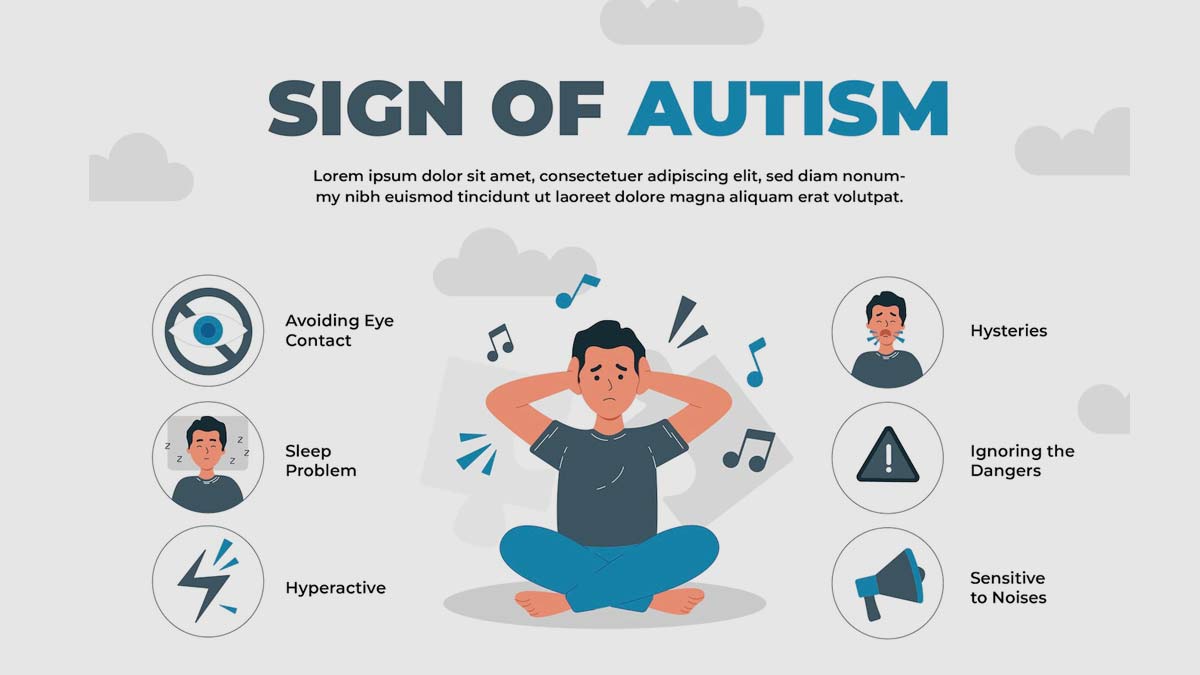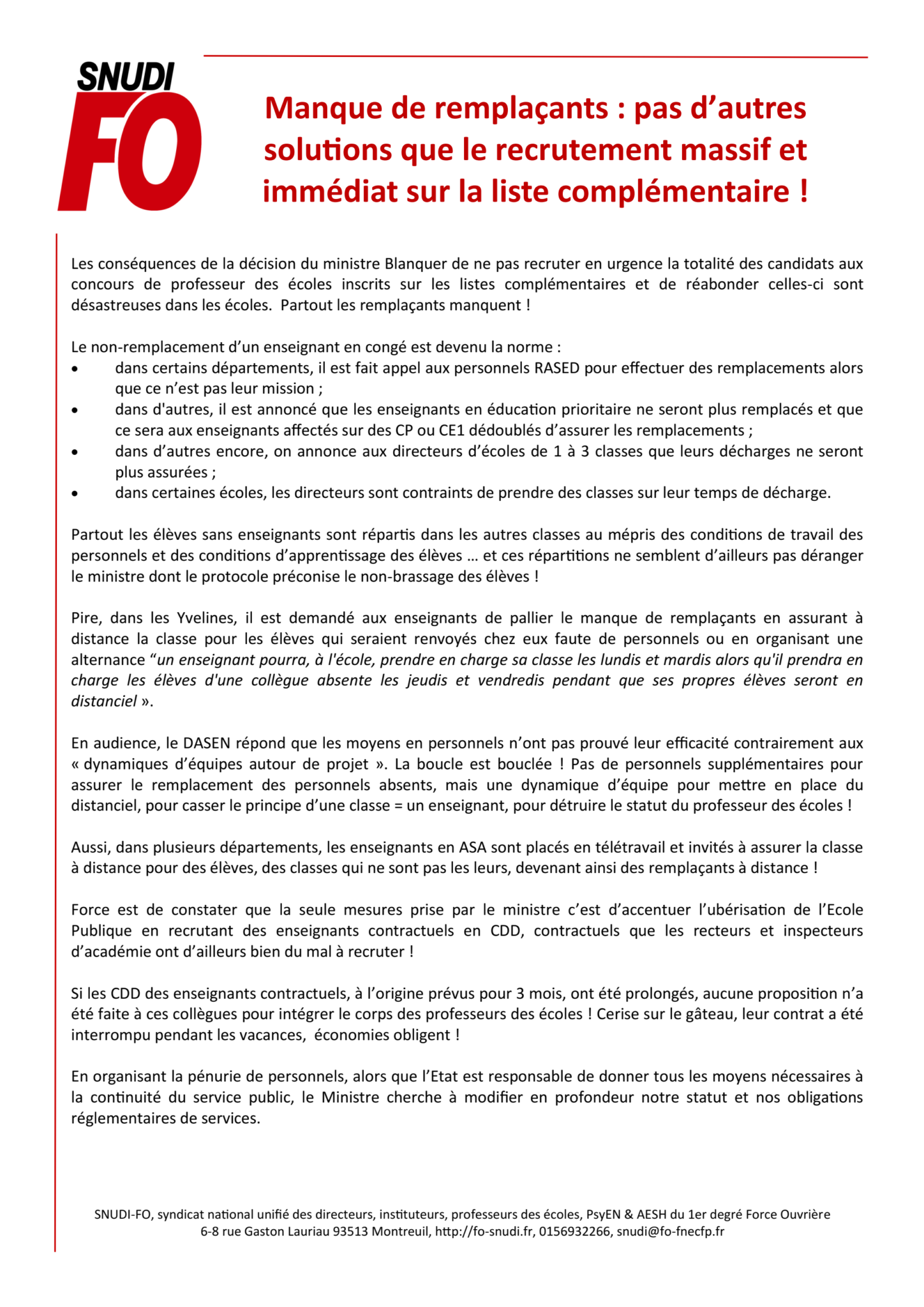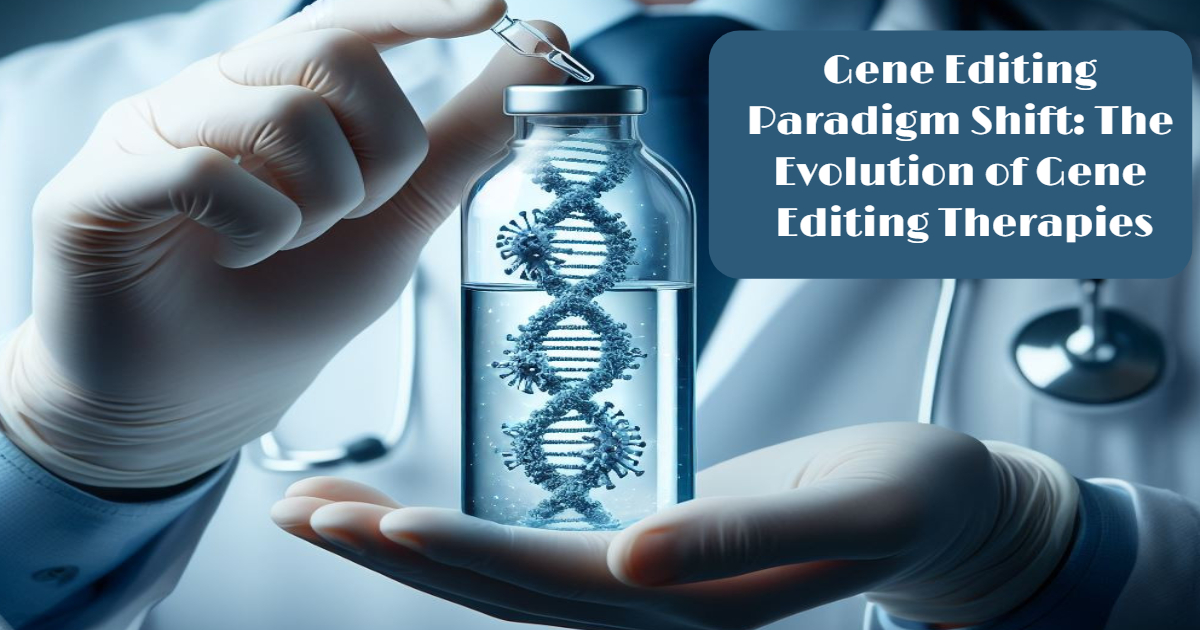Late Diagnosis Of Autism In Adults: Challenges And Opportunities

Table of Contents
Challenges Associated with Late Diagnosis of Autism in Adults
The journey to a diagnosis of autism in adulthood is often fraught with difficulties. The challenges extend beyond simply receiving a label; they deeply impact an individual's mental health, social life, and career trajectory.
Difficulty in Diagnosis
Diagnosing autism in adults presents unique complexities. Unlike childhood diagnoses, which often rely on observing developmental milestones, adult assessments must navigate retrospective information and potential masking behaviors.
- Lack of standardized adult diagnostic tools: While diagnostic criteria exist, their application in adults differs from the established childhood assessment methods. Adult-specific tools are still under development.
- Reliance on retrospective information: Adults must recall childhood behaviors and experiences, a process that can be subjective and influenced by memory biases.
- Co-occurring mental health conditions masking autistic traits: Anxiety, depression, and other mental health conditions frequently co-occur with autism, potentially masking or mimicking autistic traits, making accurate diagnosis more challenging.
- Variability in symptom expression across the autism spectrum: Autism presents differently in each individual, making diagnosis even more complex. Some adults might exhibit subtle social difficulties, while others might experience intense sensory sensitivities.
Common adult autistic traits that might go unnoticed include difficulties with multitasking, changes in routine, or understanding non-literal language (sarcasm, idioms). These can manifest as struggles with time management, frustration in unpredictable situations, or misunderstandings in social interactions.
Impact on Mental Health
Undiagnosed autism in adults often significantly impacts mental health. The lack of understanding regarding their experiences can lead to feelings of isolation and inadequacy.
- Increased risk of self-harm: The struggle to understand oneself and navigate a world that often isn't accommodating can contribute to higher rates of self-harm and suicidal ideation.
- Challenges in managing stress and emotions: Autistic individuals may experience heightened emotional sensitivity and difficulty regulating their emotions, leading to increased stress and anxiety.
- Difficulty forming and maintaining relationships: Social challenges can impact relationships, leading to loneliness and isolation.
- Impact on self-esteem and confidence: A lifetime of struggling with social situations and misunderstandings can severely affect self-esteem and confidence.
The correlation between late diagnosis and increased mental health burden is strong. Receiving a diagnosis can, paradoxically, be a crucial step towards improving mental well-being by providing explanations for past struggles and facilitating access to support.
Social and Occupational Difficulties
The challenges associated with late diagnosis extend to various aspects of life, affecting social interactions, employment, and independent living.
- Difficulties in workplace communication and social dynamics: Misunderstandings in workplace communication, difficulty with teamwork, and struggles with navigating social dynamics can lead to career setbacks.
- Challenges with sensory overload: Sensory sensitivities, common in autism, can create significant challenges in noisy or crowded environments, impacting productivity and well-being.
- Struggles with executive functioning impacting productivity: Difficulties with planning, organization, and time management can hinder productivity and lead to frustration.
- Isolation and social exclusion: Difficulties with social interaction and understanding social cues can lead to isolation and feelings of exclusion.
For example, an individual with undiagnosed autism might struggle to understand unspoken office politics, leading to misunderstandings and career stagnation. Another might find it difficult to cope with the sensory overload of a busy office, causing anxiety and impacting performance.
Opportunities Presented by Late Diagnosis of Autism in Adults
While the challenges are substantial, a late diagnosis also presents significant opportunities for growth, self-understanding, and improved quality of life.
Access to Support and Resources
Receiving a diagnosis opens doors to a wealth of support services designed to meet the specific needs of autistic adults.
- Therapy (e.g., cognitive behavioral therapy, speech therapy, occupational therapy): These therapies can help manage mental health challenges, improve communication skills, and develop coping mechanisms.
- Social skills training: Structured programs can teach social skills and strategies to navigate social situations more effectively.
- Support groups: Connecting with other autistic adults provides a sense of community, validation, and shared experience.
- Access to assistive technologies: Assistive technologies can help manage sensory sensitivities and improve daily living skills.
- Improved self-understanding and self-advocacy: Understanding one's autism empowers individuals to advocate for their needs and build a life that supports their strengths and addresses their challenges.
Tailored support services are crucial for autistic adults, addressing their unique needs and facilitating personal growth.
Improved Self-Understanding and Acceptance
The impact of a diagnosis on self-esteem and identity is profound. It can lead to a transformative shift towards self-acceptance and a better understanding of one's experiences.
- Gaining insight into personal strengths and challenges: Diagnosis offers an explanation for past struggles, promoting self-compassion and understanding.
- Reducing feelings of isolation and shame: Knowing that one's experiences are rooted in a neurological difference can reduce feelings of isolation and shame.
- Building self-compassion and self-acceptance: Self-acceptance is a cornerstone of mental well-being, and a diagnosis facilitates this process.
- Developing effective coping mechanisms: With a clear understanding of autistic traits, individuals can develop strategies to manage challenges effectively.
For instance, understanding sensory sensitivities allows individuals to modify their environments to reduce overwhelm, leading to improved emotional regulation and reduced anxiety.
Advocacy and Increased Awareness
Late diagnoses play a vital role in advocating for the needs of autistic adults and increasing public awareness of autism in adulthood.
- Reducing stigma and promoting inclusivity: Openly sharing experiences helps to reduce stigma and promote a more inclusive society.
- Advocating for improved access to services: Individuals with late diagnoses often become passionate advocates for improved access to support services.
- Promoting neurodiversity and celebrating autistic strengths: Late diagnoses highlight the diversity within the autistic community and challenge stereotypes.
- Inspiring others to seek diagnosis: Sharing personal journeys can inspire others to seek assessment and support.
The increasing prevalence of adult autism diagnoses is testament to growing awareness and the willingness of individuals to seek understanding.
Conclusion
Late diagnosis of autism in adults presents significant challenges, impacting mental health, social interactions, and employment. However, it also opens up opportunities for access to support, self-understanding, and advocacy. Early identification, even in adulthood, is crucial. With appropriate support and resources, individuals can thrive and lead fulfilling lives. If you suspect you might be autistic, seeking a professional assessment is a vital first step. Explore resources for adult autism diagnosis, such as [link to relevant organization 1] and [link to relevant organization 2]. Don't hesitate to reach out for help – obtaining a late-diagnosed autism diagnosis can be a transformative experience, empowering you to understand yourself better and build a more supportive life. Taking the step towards seeking an autism assessment could be life-changing.

Featured Posts
-
 Late Diagnosis Of Autism In Adults Challenges And Opportunities
May 30, 2025
Late Diagnosis Of Autism In Adults Challenges And Opportunities
May 30, 2025 -
 Inquietude A Bouton D Or Manque De Remplacants Et Surpopulation Des Classes
May 30, 2025
Inquietude A Bouton D Or Manque De Remplacants Et Surpopulation Des Classes
May 30, 2025 -
 Improving Gene Insertion Precision With Advanced Gene Editing Technology
May 30, 2025
Improving Gene Insertion Precision With Advanced Gene Editing Technology
May 30, 2025 -
 The Future Of Manila Bay Threats And Opportunities For Continued Vitality
May 30, 2025
The Future Of Manila Bay Threats And Opportunities For Continued Vitality
May 30, 2025 -
 Gorillazs 25th Anniversary House Of Kong Exhibition And Exclusive London Shows
May 30, 2025
Gorillazs 25th Anniversary House Of Kong Exhibition And Exclusive London Shows
May 30, 2025
Latest Posts
-
 Novak Djokovic Nadal In Rekorunu Nasil Kirdi
May 31, 2025
Novak Djokovic Nadal In Rekorunu Nasil Kirdi
May 31, 2025 -
 Tran Dau Dang Cho Doi Jannik Sinner Vs Carlos Alcaraz Tai Rome Masters
May 31, 2025
Tran Dau Dang Cho Doi Jannik Sinner Vs Carlos Alcaraz Tai Rome Masters
May 31, 2025 -
 Van Dong Vien Cau Long Viet Nam Huong Den Top 20 The Gioi Tai Giai Dau Dong Nam A
May 31, 2025
Van Dong Vien Cau Long Viet Nam Huong Den Top 20 The Gioi Tai Giai Dau Dong Nam A
May 31, 2025 -
 Jannik Sinner O Rome Masters Tran Chien Voi Carlos Alcaraz Can Ke
May 31, 2025
Jannik Sinner O Rome Masters Tran Chien Voi Carlos Alcaraz Can Ke
May 31, 2025 -
 Cau Thu Cau Long Viet Nam Dat Muc Tieu Top 20 The Gioi Tai Dong Nam A
May 31, 2025
Cau Thu Cau Long Viet Nam Dat Muc Tieu Top 20 The Gioi Tai Dong Nam A
May 31, 2025
